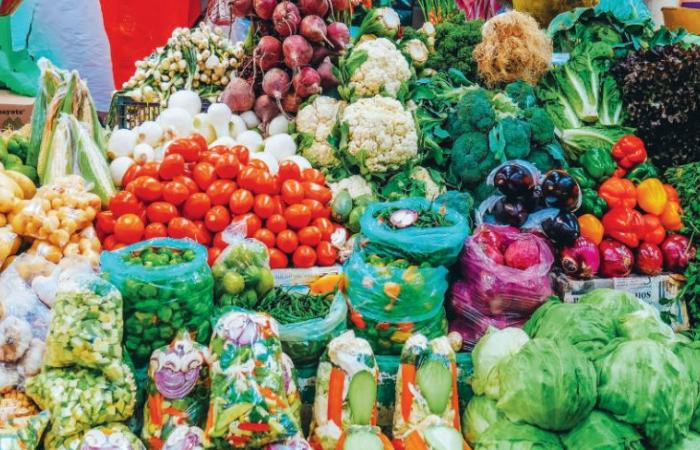C’is an indisputable truth: the multiplication of intermediaries in the fruit and vegetable distribution chain considerably affects the price offered to the final consumer. The predominant influence of these stakeholders, regularly serving as brokers between farmers and traders, often leads to inequities and disrupts the balance of markets.
Recently, the Government Council adopted draft decree No. 2.23.920, which could clearly help to remedy this problem so decried by consumer rights defenders. But to what extent can this solution be effective? Presented by the Minister of Agriculture, Maritime Fisheries, Rural Development and Water and Forests, Mohamed Sadiki, this decree is, in fact, an application of law No. 37.21, which establishes specific provisions concerning the direct marketing of fruits and vegetables produced within the framework of agricultural aggregation.
Under this new regulation, aggregators are allowed to sell their products directly without going through wholesale markets, subject to obtaining prior authorization. This project also provides for the creation of a technical committee within the government authority responsible for Agriculture, to formulate an opinion on requests for granting and renewal of this authorization, as well as its withdrawal. By eliminating the obligation to go through the wholesale market for the distribution of fruits and vegetables, the circuit is shortened, thus reducing the number of intermediaries. However, will this really lead to a reduction in prices for the end consumer?
For Ouadie Madih, president of the National Federation of Consumer Associations (FNAC), this news is certainly encouraging, but “it can only come to fruition if we lock down the entire circuit.” “This measure will certainly reduce the number of stakeholders, but it is essential to require the delivery of the invoice to the customer as specified in Law No. 31-08 enacting consumer protection measures, which requires all professionals and suppliers to provide a document justifying the commercial transaction. This ensures verification of the process and compliance with the circuit,” he explains.
“This new decree could potentially eliminate intermediaries from wholesale markets, but some operators operate outside these markets and remain free to act as they wish. It is therefore crucial to secure the entire invoicing process in order to ensure a real drop in prices,” he insists. Speaking about this new draft decree, the Minister Delegate for Relations with Parliament, government spokesperson, Mustapha Baitas, indicated during a press briefing that this new decree “aims to ensure the opening of this sector on an exceptional basis in order to reform, regulate and rehabilitate wholesale markets.”
And to continue that the opening of this sector will be carried out under certain conditions, including the establishment of a central commission bringing together a number of ministries, in particular the Ministry of the Interior, the Ministry of Agriculture, Maritime Fisheries, Rural Development, and Water and Forests, and the Ministry of Industry and Trade, which will undertake the examination of the applications submitted. “Once approval is granted, the regional commissions will proceed to control the quality of the products and their compliance with the conditions set out in the decree. The licenses will subsequently be extended or withdrawn in accordance with the deadlines set,” concluded the government official.






